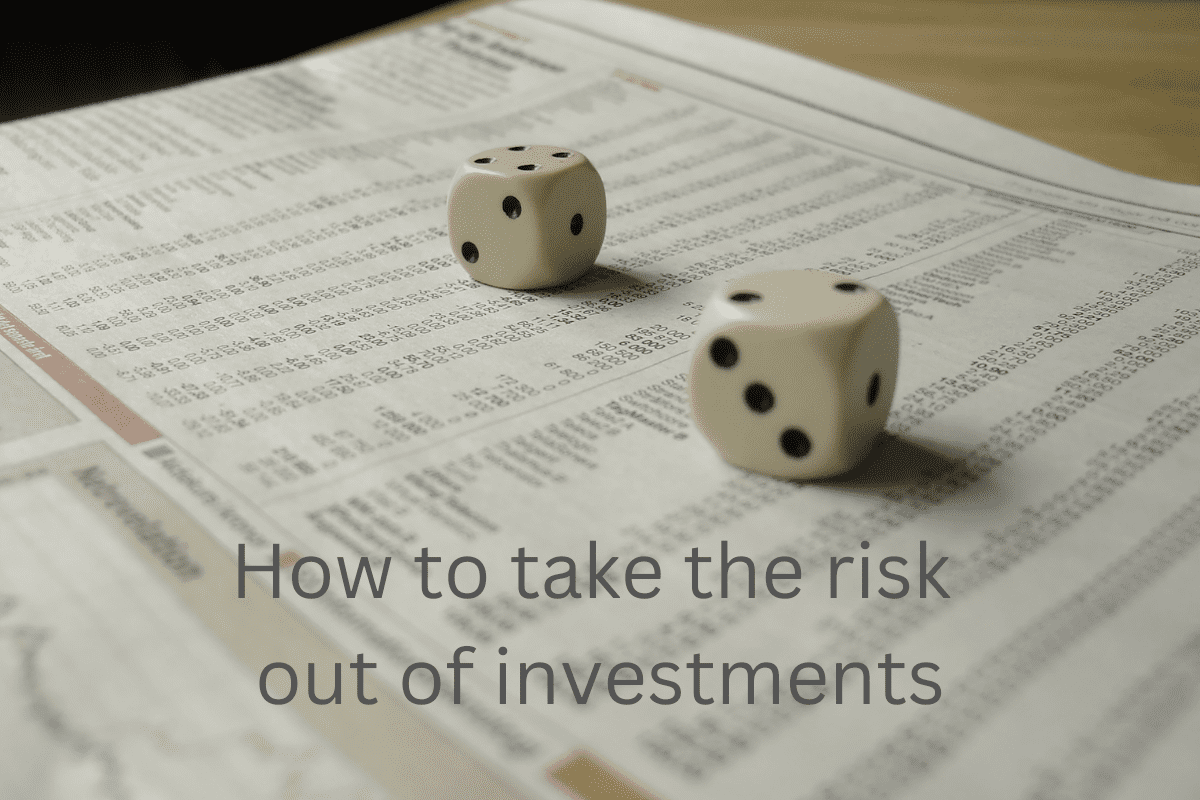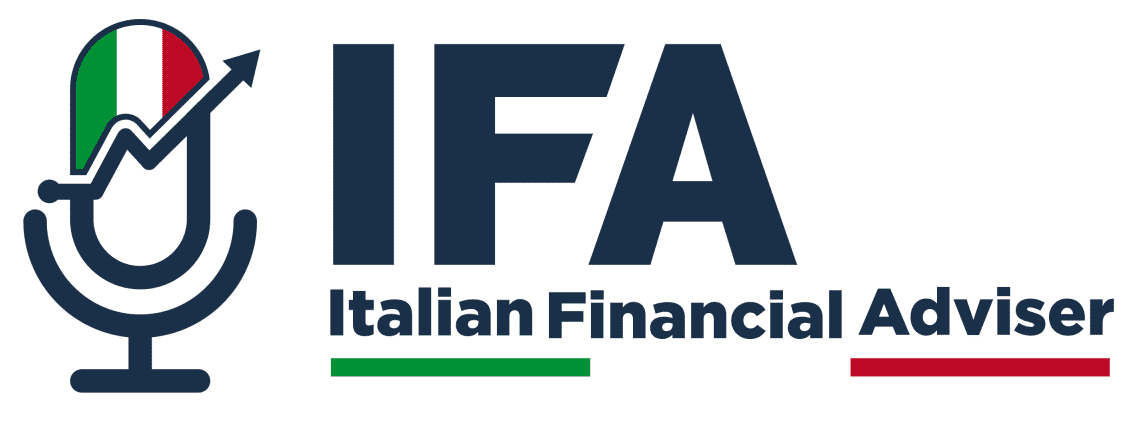As we begin 2023 we find ourselves yet again in rather uncertain times. 2022 proved to be a very difficult year for investors (especially up until about the middle of October), given that there was basically nowhere to hide. The classic 60/40 equities to bonds balanced portfolio returned somewhere in the region of -18% over the year¹ ; you have to go all the way back to 1937 in order to find another negative performance greater than -15%.
The difficulties of 2022 and how to approach 2023
By Andrew Lawford
This article is published on: 10th February 2023
The fact is though that this type of portfolio historically has worked remarkably well: looking at data from 1928 onwards, such a portfolio has lost money on an annual basis only 21 times, and only 10 times was the loss greater than 5%. Even 2008, which most people will recall as a truly atrocious year for equity markets, was not so bad for the 60/40 portfolio due to the strong support received from the bond market.
So why did this happen? Should we consider 2022 the moment in which broadly diversified, balanced portfolios stopped being a valid investment strategy or was last year simply an aberration (or the exception that proves the rule)?
It is fair to say that there had been a creeping risk in the 60/40 portfolio for some time, it’s just that this particular risk wasn’t where people were accustomed to finding it. In recent years, fixed income investors have found themselves grappling with low or even negative interest rates. In practical terms, if you buy a bond with no yield, your best-case scenario (excluding the absurdity of negative interest rates) is that the bond goes nowhere for the entire time you hold it. Our risk-free returns gradually transitioned into return-free risks. Given this scenario at the beginning of 2022, it should come as little surprise that many fixed income investments performed even worse than conservative equity investments and certainly failed to provide the support that most people would hope for in a bad year.
¹Using US market data – S&P500 for equities and 7 – 10 year Treasuries for bonds

The good news is that after the difficulties of 2022, many assets now offer better value than they did 12 months ago, but whether or not 2023 will offer great returns or is destined to test our nerves again is a matter of great debate.
It would be tempting at this point to start looking at economic forecasts for 2023 to get an idea of what to expect. The issue here is that which I examined in my article on inflation – we can’t actually know what the future holds, so let’s concentrate on putting together a portfolio that is likely to serve us well as we attempt to generate a reasonable return for the medium-long term.
Far more important than economic prognostication when constructing a portfolio is understanding your own risk profile, because this allows you to give appropriate consideration to matters that you can ascertain and that will certainly affect your investment returns. In no particular order, you need to be thinking about:
- Where are you in the life-cycle of contributing to or drawing down from savings?
- What are your overall financial resources and how adequate are these compared with your needs?
- What are your aspirations?
- What is your ability to withstand market volatility?
- How much do you worry about your money?
Once you have answered all of these questions, you can come up with an appropriate posture to risk. Whether or not you should vary this posture depending on the current market circumstances is a question that you must try to answer at the outset. If you are going to change your posture on the basis of current circumstances, then you must believe that somehow you are able to understand the current situation better than the market consensus, and also understand the affect your view might have on the markets if it happens to be correct. Your assessments might be correct occasionally, but are also likely to be wrong quite often (rather like those of professional forecasters). This leads to the maxim that for nearly all people, nearly all of the time, the appropriate posture is their neutral one based on their risk profile.

There is one other extremely good reason why you would always be well-advised to maintain this neutral posture: it will help you to avoid the cardinal sin of investing – selling low. As I explained in the article linked above, long-term investment offers magnificently favourable odds of good returns, but if you are prone to selling at the bottom, as you may well be if you decide to oscillate between “risk-on” and “risk-off” postures, those odds are turned upside down and will likely cause serious damage to your wealth. Of course, you might also end up buying high occasionally, which may lead to a period of regret, but if you have invested wisely, then time will iron out these wrinkles. It is undoubtedly better to concentrate your attention on what you can know and influence, rather than wringing your hands over economic forecasts.
These are complicated issues that all investors have to face. My advice aims to keep you focused on the important issues rather than leaving you to try and puzzle through the ever-present “noise” in the investment markets. Over the long-term, you will almost certainly find that ignoring the distractions provided by the market action in years like 2022 will contribute to, rather than detract from, your investment success. If you would like to know more, or to conduct a review your current portfolio, then feel free to get in touch for a no-obligation consultation.

Subscribe to my podcast
IFA (Italian Financial Adviser) on:
Apple Podcasts, Spotify, Google Podcasts or Stitcher

